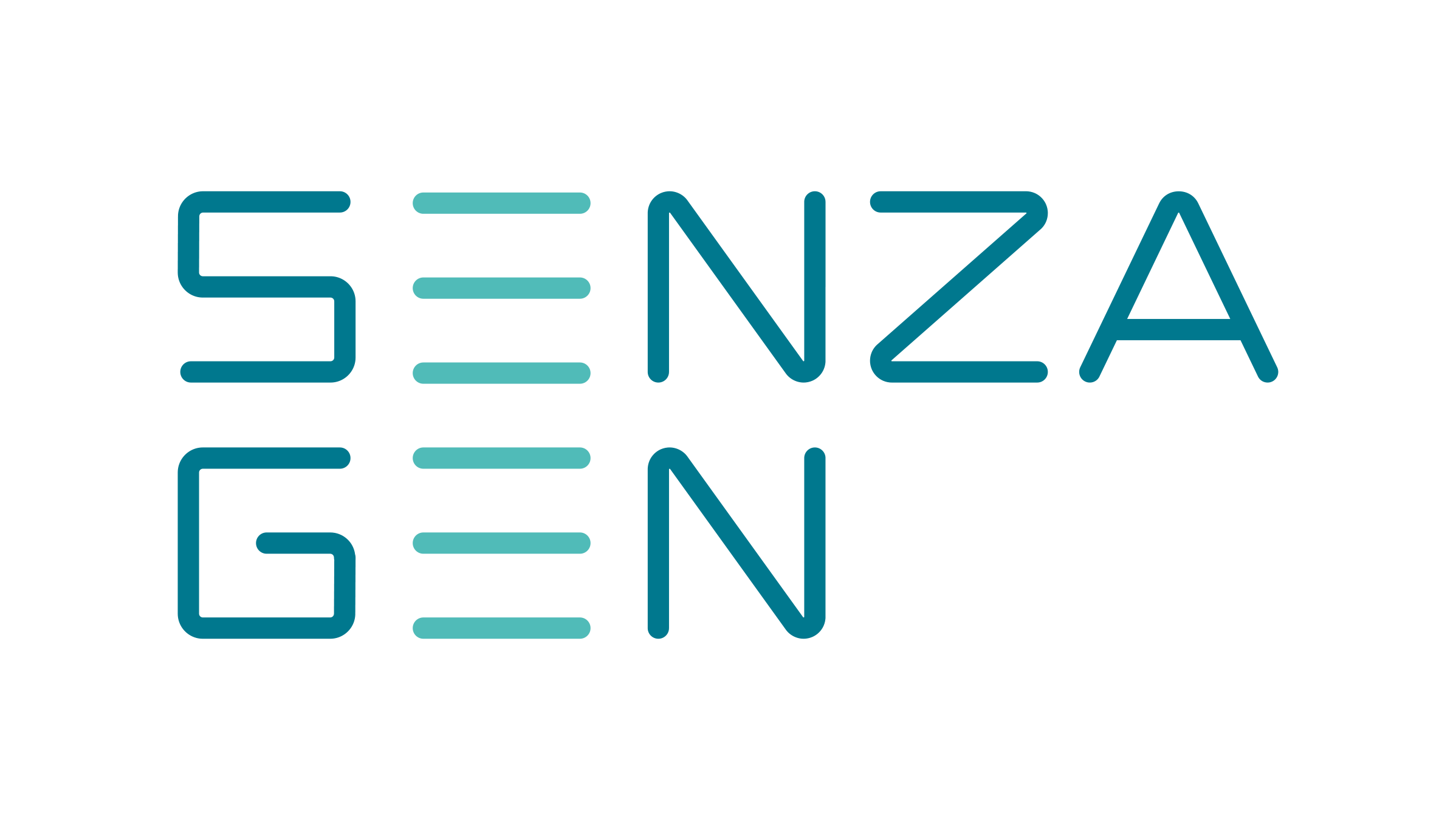Prenumeration
Beskrivning
| Land | Sverige |
|---|---|
| Lista | First North Stockholm |
| Sektor | Hälsovård |
| Industri | Bioteknik |
Intresserad av bolagets nyckeltal?
Analysera bolaget i Börsdata!
Vem äger bolaget?
All ägardata du vill ha finns i Holdings!
SenzaGen develops and sells non-animal chemical tests and is now one of Sweden's fastest-growing technology companies according to Deloitte's annual ranking, Sweden Technology Fast 50. Over the past four years, SenzaGen has had an average growth rate of 1433 percent. SenzaGen ranked 18th out of 50 companies on the list.
"Being ranked as one of Sweden's fastest-growing technology companies is evidence that our business model has yielded fantastic results and that what we do is perfectly timed. We are incredibly proud of how our innovations contribute both ethically and scientifically when we assist companies in transitioning away from animal testing while providing them with test results directly applicable to humans. As CEO, I feel immense pride in our team, which has delivered these results. They form the basis for this award and truly strengthen us on our continued growth journey," says Peter Nählstedt, President and CEO of SenzaGen.
The ranking in Sweden Technology Fast 50 is based on the growth in net revenue over the past four years.
"It feels fantastic to have been able to highlight Swedish entrepreneurship in the tech industry for 20 years through Sweden Technology Fast 50. This year's companies not only reflect Sweden's leading position in innovation but also some of the shifts we have seen in society in recent years, not least within GreenTech, where technical solutions are used to address climate change, and MedTech, where technology is used to strengthen healthcare. We are happy to celebrate the companies' success and look forward to following their journey, says Ester Sundström, partner at Deloitte and responsible for the Deloitte Sweden Technology Fast 50.
The 2023 ranking is being presented at an event at Nasdaq in Stockholm on November 9. Learn more about the award, its background, and more detailed criteria at www.deloitte.se/fast50.
SenzaGen leverages its extensive expertise in various technology areas, including genomics, machine learning, and human tissue models, to develop better and more ethical testing methods that can replace animal experiments in toxicological evaluations of chemicals.

